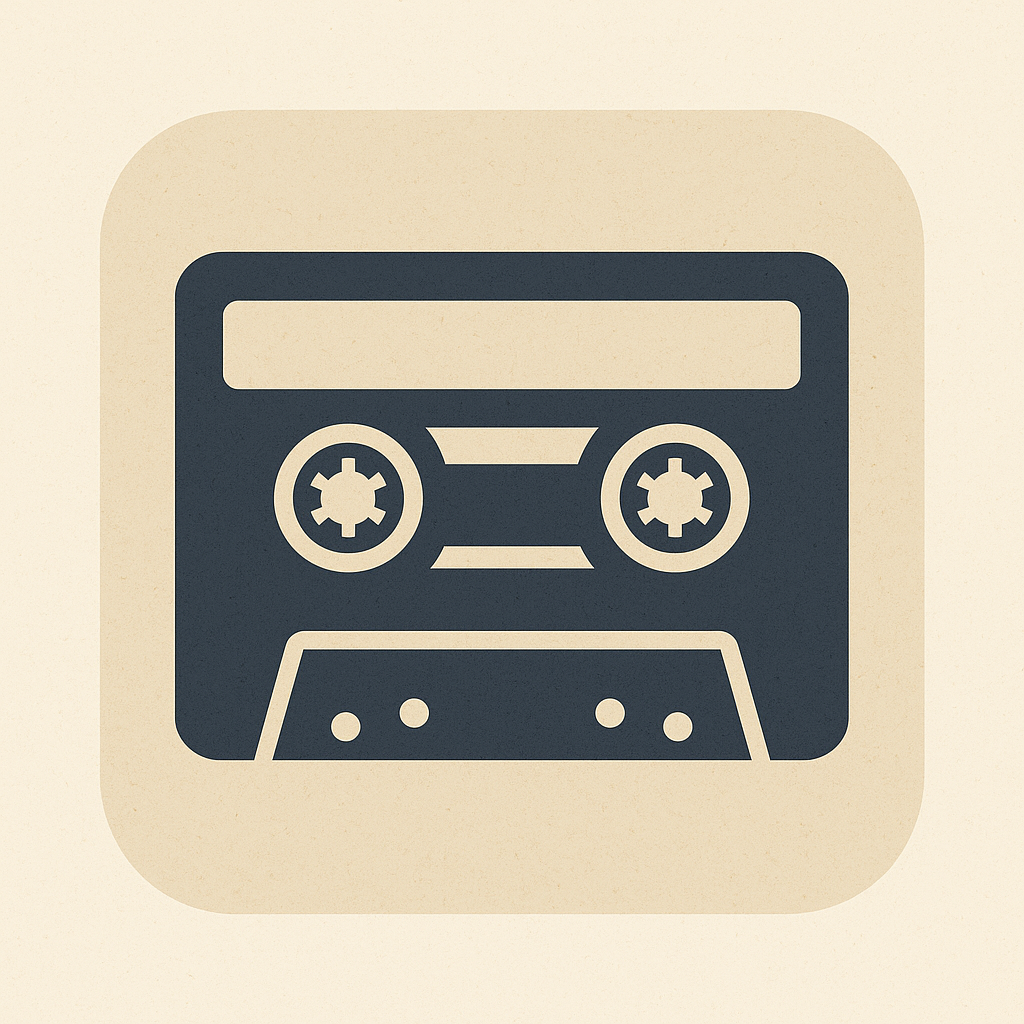
How machines learned to compose—and the creators who shaped an entirely new musical frontier.
Introduction
Artificial intelligence has quietly reshaped dozens of industries, but few fields have undergone as rapid and controversial a transformation as music. What began as basic algorithmic experiments has evolved into full-scale AI-generated albums, chart-ranking releases, and global creative communities.
As we enter 2025, AI music stands as a major cultural phenomenon—powered by human vision and machine precision. This article traces the evolution of AI music and highlights the early pioneers.
1. Early Roots: Algorithmic Music Before Modern AI
Before neural networks, computer-generated music was mostly rule-based.
1960s–1980s: Algorithmic Composition
- Illiac Suite (1957) by Lejaren Hiller and Leonard Isaacson became the first computer-generated score.
- Systems relied on mathematical rules, not learning.
1990s–2010s: Machine Learning Emerges
- Markov chains, genetic algorithms, and early RNNs began to model musical structure.
- David Cope’s EMI project was a landmark in mimicking classical styles.
AI music was still academic and niche—but the foundation was laid.
2. Deep Learning Changes Everything (2016–2023)
The modern AI music revolution began with powerful generative models.
Key Milestones
- Google Magenta (2016) introduced neural performance models.
- OpenAI Jukebox (2020) achieved convincing vocals and multi-instrument arrangements.
- Diffusion audio models (2022–2023) brought studio-quality realism.
For the first time, AI could generate expressive, emotional music.
3. The Explosion of AI Music Creators (2023–2025)
Affordable tools transformed AI music from a research topic into a global creative movement.
Important Platforms
- Suno
- Udio
- AIVA
- Stable Audio
- Riffusion
- Beatoven
These platforms enabled anyone—regardless of musical training—to produce professional-quality tracks.
Communities formed, genres emerged, and 2024–2025 became the first golden age of AI music creation.
4. The First Pioneers of AI Music
The early era produced influential creators and cultural flashpoints.
1. Ghostwriter (USA)
Sparked international debate with the viral AI track “Heart on My Sleeve,” challenging the music industry’s stance on AI vocals.
2. Virtual Artists & AI Rappers
Projects like FN Meka demonstrated the potential—and controversy—of AI-driven performers.
3. Experimental Composers
Avant-garde artists integrated AI into classical, ambient, and cinematic compositions, long before mainstream use.
4. AI Creator Collectives
Global communities formed:
- AI Hits
- AI Music Hub
- Suno/Udio early creator circles
- Aislop.space
They produced thousands of tracks and shaped early culture.
5. Art Found (Australia)
Art Found emerged as one of the notable pioneers of the early AI music wave, particularly for:
- Creating the first full AI-assisted music albums in the Russian language on vinyl, combining his own lyrics and melodies with AI music and vocals.
- Actively contributing to the global AI creator community with innovative multi-genre releases.
- Blending traditional songwriting with modern AI arrangements and sound design.
- Being the author and curator of “The Best of AI Music 2025”, the first-known international compilation album showcasing standout AI-generated compositions.
5. The Debate: Threat or Evolution?
AI music ignited discussions around:
- Creative authenticity
- Copyright
- Artist compensation
- The future role of musicians
Even jazz legend Herbie Hancock commented that musicians rejecting AI would “have no place in the future of music,” underscoring the magnitude of the shift.
Despite controversy, streaming data shows listeners respond positively to both AI and human-made music—suggesting AI is expanding creativity, not diminishing it.
6. The Future of AI Music (2025–2030)
Forecasts indicate major transformations ahead:
- AI will dominate background and commercial music production.
- New hybrid genres will merge human performance and AI composition.
- Personalized music created for each listener will become mainstream.
- AI pioneers will be recognized as early shapers of a new global musical language.
Conclusion
The story of AI music is still in its opening chapters. What began as algorithmic experiments has become a worldwide creative movement with millions of participants.
The pioneers of 2023–2025 proved that music created with AI can be authentic, emotional, and deeply human.
As technology evolves, one truth is already clear:
AI isn’t replacing creativity—it’s unlocking a new era of imagination.
The History of AI Music and Its First Pioneers